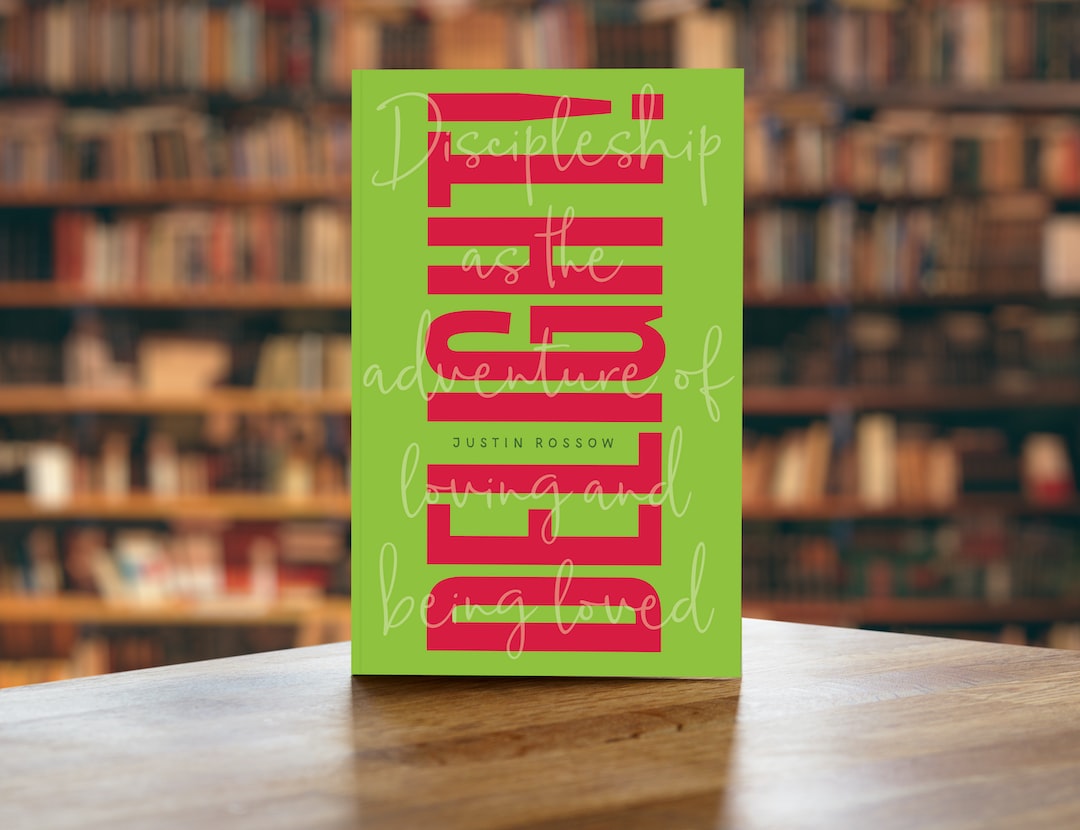Introduction
Table of Contents
In the heart of the Middle East lies Egypt, a nation enshrined in a tapestry of ancient history and rich culture. The majesty of its timeless pyramids, the enigma of its hieroglyphs, and the grandiosity of its temples anchor Egypt firmly to the annals of human achievement. Central to Egypt’s cultural heritage is the language that resonates through the bustling streets and serene deserts—the Arabic language. Arabic, the lifeblood of communication in Egypt, has, like the Nile, nourished and shaped the nation’s identity through the ages. The country’s language reflects a blend of historical epochs, from the era of the Pharaohs through the Islamic conquest to the undeniable touch of globalization, creating a dynamic linguistic scene that forms the backdrop of Egypt today.
Official Language of Egypt
Historical Context of Arabic in Egypt
Arabic dramatically transformed the Egyptian linguistic landscape after the Arab conquest in the 7th century. Gradually it replaced Coptic as the dominant language. As the centuries rolled by, the Arabic spoken in Egypt absorbed local dialects and ancient Egyptian words, evolving into the distinct vernacular that embodies present-day Egypt. It continues to be a resilient and adaptive language, reflecting Egypt’s long-standing tradition of cultural amalgamation.
Varieties of Arabic Used in Egypt
Within Egypt, Arabic unfolds in a variety of expressions. From the revered Classical Arabic of the Quran and cherished literature to the Egyptian Colloquial Arabic that thrums with the pulse of daily life—language marks social affiliations here. Differences emerge from across regions and social standings, crafting a linguistically diverse environment as rich as Egypt’s own landscapes.
The Role of Arabic in Government and Education
Modern Standard Arabic, the more formal derivative of the language, is the mainstay in governmental and educational settings in Egypt. It’s the official mode of communication, ensuring consistency and fostering a unified national identity in the midst of a tapestry of local dialects that flavor the conversations in marketplaces and alleyways.

Egyptian Arabic: The Language of the People
The Distinction Between Modern Standard Arabic and Egyptian Colloquial
The everyday language, Egyptian Colloquial Arabic, contrasts sharply with the formality of Modern Standard Arabic. It’s a lively dialect, rich with idioms and a rhythm that mirrors Egypt’s spirited culture. Constantly evolving, it captures the nation’s heart and soul. The use of these two forms of Arabic underscores the Egyptian people’s continuous journey between their heritage and contemporary life.
Sociolinguistic Aspects of Egyptian Arabic
Egypt’s social fabric is intricately woven with linguistic threads. Language serves not just for communication but as a means of expressing one’s identity. Egyptians seamlessly switch between dialects, choosing the appropriate linguistic attire for each social setting, whether it be the local dialect for everyday banter or Modern Standard Arabic for more formal occasions.
Egyptian Media and the Proliferation of the Dialect
Egypt’s influential media sector has played a crucial role in popularizing the Egyptian dialect. Movies, television, and now digital media have all contributed to elevating the dialect’s status within the Arabic-speaking world, endowing it with a familiarity and charm that extends far beyond Egypt’s borders.
Minority Languages in Egypt
Nubian Languages in Southern Egypt
In the serene southern reaches, Nubian languages such as Nobiin and Kenuzi-Dongola keep alive a heritage that predates the Arab influence. These languages are living links to a rich cultural past that still echo through the villages and homes of the Nubian people.
Bedouin Arabic Dialects
The Bedouin Arabic dialects, distinctive in their cadence and lexicon, define the speech of the nomads wandering the vast Egyptian deserts. They offer a linguistic window into the Bedouins’ intimate rapport with the desert and their enduring traditions.
The Berber-Speaking Communities
The Siwa Oasis, nestled in Egypt’s western expanse, is home to Berber-speaking communities. Their language, Siwi, belongs to the Tamazight language group and adds to the rich linguistic diversity of Egypt, showcasing the nation’s ability to embrace various cultural influences.

Foreign Languages in the Egyptian Education System
Role of English and French in Schools
English and French have been ushered into the Egyptian education system by both historical and modern winds of change. English, in particular, has become a staple in higher education and is often viewed as a stepping stone to success in the global economy.
Language Learning Trends among Egyptians
Egyptians have taken to learning foreign languages with enthusiasm, understanding the value they bring. Not only are English and French widely sought after, but other languages like German, Italian, and Spanish also have their appeal, as Egyptians aim to extend their communicative reach and competitive edge.
Religious Languages in Egypt
Classical Arabic and the Islamic Faith
Classical Arabic enjoys a sacred place within Egyptian society. As the language of the Quran, it is deeply rooted in religious practices and Islamic education, maintaining its revered status among adherents.
Coptic – The Language of the Coptic Orthodox Church
Coptic, an ancient language that traces back to the times of the pharaohs, continues to resonate within the Coptic Orthodox Church. Retained in religious services and texts, Coptic serves as a spiritual link to Egypt’s long-gone era.
Impact of Tourism on Language Use
Communication with Tourists – Multilingualism in the Hospitality Sector
The vibrant tourism industry in Egypt calls for a multilingual workforce. As a result, the hospitality sector sees people adept in several languages, ensuring visitors from around the globe feel welcome and smoothly engaged in the wonders of Egypt.
Popular Foreign Languages Among Tour Guides and Shopkeepers
Egypt’s tour guides and shopkeepers, ambassadors of its rich culture, often converse in multiple languages. As the tourism industry diversifies, languages such as Russian, Chinese, and Spanish are heard more frequently, reflecting Egypt’s global allure.

Language Preservation Efforts
Government and NGO Initiatives to Protect Minority Languages
With minority languages at risk of fading away, governmental and non-governmental bodies have launched initiatives aimed at preserving these vital languages. Their efforts recognize that each language encapsulates a unique cultural narrative that deserves to be safeguarded.
The Role of Academia in Documenting Endangered Languages
Universities and research centers have become sanctuaries for endangered languages. Linguists and researchers diligently document and study these tongues, ensuring that their cultural wisdom is not lost to the sands of time.
Conclusion
Exploring the linguistic landscape of Egypt is akin to journeying through its storied past. The prominence of Arabic, interwoven with the echoes of Nubian, the songs of Bedouin dialects, and the sacred verses in Coptic, forms a rich tapestry that tells of Egypt’s role as both a historical treasure and a modern cultural confluence. As we delve into the world of what language do they speak in Egypt, let’s celebrate the nation’s remarkable linguistic heritage and encourage the preservation of the diverse voices that compose its narrative.
Frequently Asked Questions
What language do they speak in Egypt?
In Egypt, the official language is Arabic. Specifically, Egyptians speak a dialect known as Egyptian Colloquial Arabic, which is used in everyday conversation. Modern Standard Arabic is used in more formal settings, including government and education.
Are there different varieties of Arabic in Egypt?
Yes, while Modern Standard Arabic is the formal language, Egyptian Colloquial Arabic is most commonly used by the people. Additionally, there are regional dialects and a variety of Bedouin Arabic spoken by nomadic groups in the deserts.
Is English widely spoken in Egypt?
While Arabic is the most spoken language, English is also prevalent, especially within the education system, the tourism sector, and among younger generations and professionals aiming for international engagement.
Are there any efforts to preserve minority languages in Egypt?
Certainly, there are government and NGO initiatives aimed at preserving minority languages, such as Nubian and Siwi. Additionally, academia plays a critical role in documenting and studying these languages.
How does the Egyptian dialect of Arabic differ from Modern Standard Arabic?
Egyptian Colloquial Arabic is more informal and is characterized by a distinct set of idioms and expressions. It reflects the culture and is continually influenced by social changes, whereas Modern Standard Arabic remains more consistent and formal.